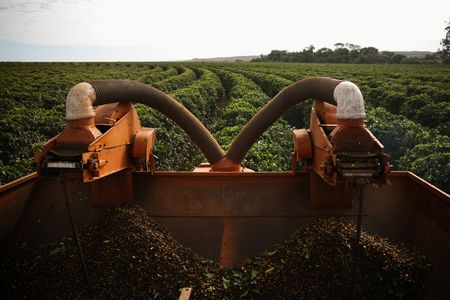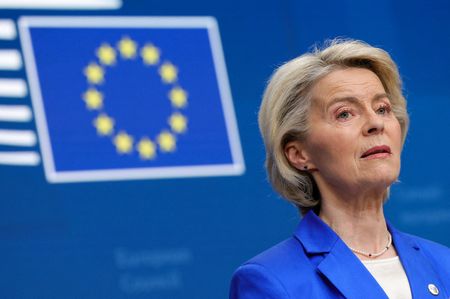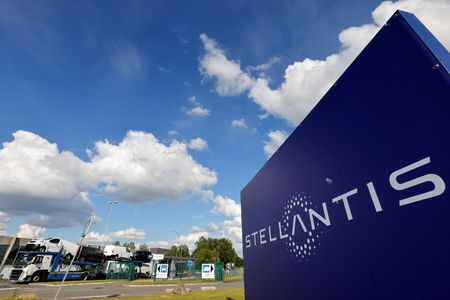By Roberto Samora
SAO PAULO (Reuters) -A new proposal by the European Commission to ease its anti-deforestation law has disappointed Brazilian agribusiness exporters who made early investments to comply with the rules, Rabobank analysts said in a report seen by Reuters.
WHY IT’S IMPORTANT
Brazilian exporters of soybean, beef and coffee have invested to secure immediate premiums for adhering to the legislation by 2025, but the changes may delay expected gains and affect their competitiveness, the report showed.
CONTEXT
Under the anti-deforestation law, sellers of beef, cocoa, coffee, palm oil, soy and wood into the EU market will need to provide a due diligence statement proving their products do not cause deforestation.
The European Commission’s proposal establishes that checks and enforcement for larger companies would apply from June 30, 2026. Smaller companies, with no more than 50 employees, would only need to make declarations from December 30, 2026.
KEY QUOTE
“This is quite a significant issue because those who invested were aiming to secure better access to the European market. The lack of fines removes some of the incentive for the market premium,” Rabobank specialist Marcela Marini said.
WHAT’S NEXT
The European Parliament is expected to make a decision on the proposal in the coming weeks. If approved, the law will still come into effect in 2025 but with the eased requirements.
(Reporting by Roberto Samora; Writing by Isabel Teles)










